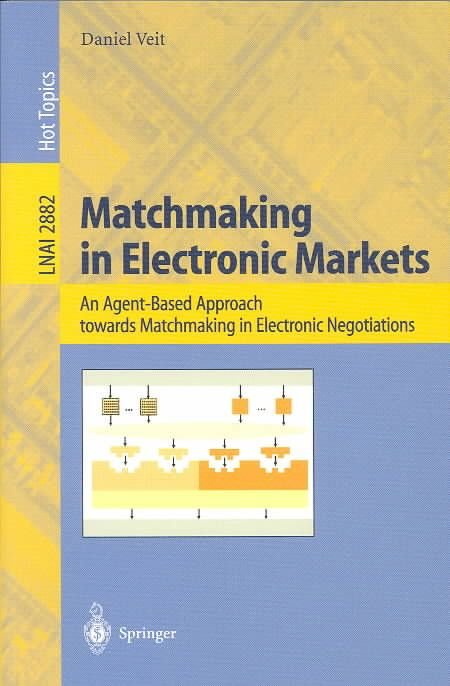Who gains all his ends did set the level too low. Although the history of trading on financial markets started a long and possibly not exactly definable time ago, most financial analysts agree that the core of mathematical finance dates back to the year 1973. Not only did the world’s first option exchange open its doors in Chicago in that year but Black and Scholes published their pioneering paper [BS73] on the pricing and hedging of contingent claims. Since then their explicit pricing formula has become the market standard for pricing European stock opÂ- tions and related financial derivatives. In contrast to the equity market, no comparable model is accepted as standard for the interest-rate market as a whole. One of the reasons is that interest-rate derivatives usually depend on the change of a complete yield curve rather than only one single interest rate. This complicates the pricing of these products as well as the process of managing their market risk in an essential way. Consequently, a large number of interest-rate models have appeared in the literature using one or more factors to explain the potential changes of the yield curve. Beside the Black ([Bla76]) and the Heath-Jarrow-Morton model ([HJM92]) which are widely used in practice, the LIBOR and swap market models introduced by Brace, G~tarek, and Musiela [BGM97], Miltersen, Sandmann, and SonÂ- dermann [MSS97J, and Jamshidian [Jam98] are among the most promising ones.












